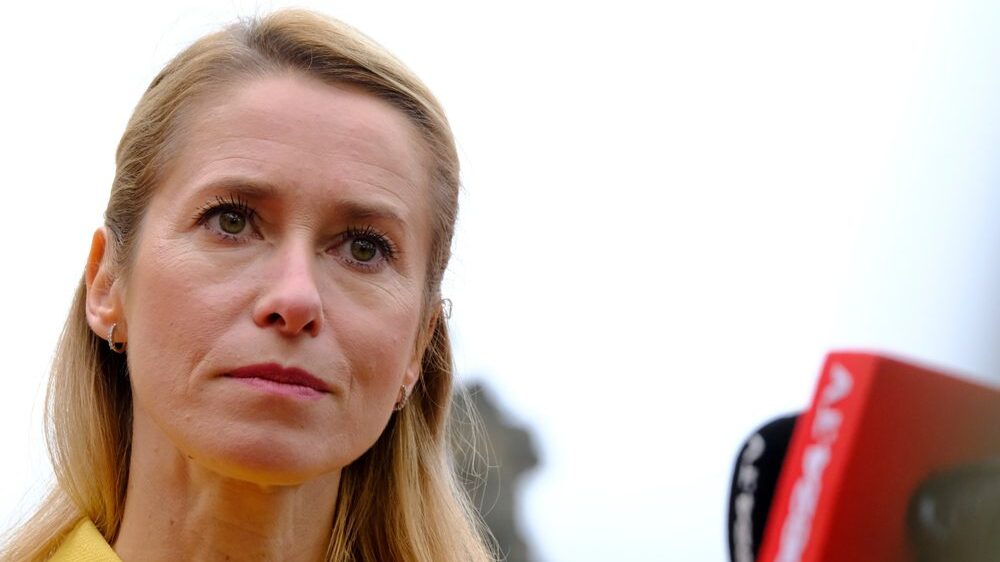
Estonian Prime Minister Kaja Kallas.
Sunday’s election in Estonia gave a resounding win to the governing liberal-centrist Reform Party. The choice to keep Kaja Kallas in her seat as prime minister was perhaps predictable, since a national consensus showed her fellow Estonians supportive of her pro-Ukraine stance. Tensions over her ‘green’ and pro-EU policies remain, however, and now allegations of election fraud threaten to undermine her victory.
The results from March 5th’s election showed Kallas’ Reform party had increased its vote by two points, taking over 31% of the vote. Meanwhile, the national-conservative EKRE took second place, remaining stable but dropping over one point to 16%. Coalition negotiations will prove more decisive, as none of the six parties entering parliament commands a decisive majority.
However, Martin Helme, EKRE’s leader, is calling the legitimacy of the electronic votes into question,
We can start by recalling how things went wrong on the very first day of electronic voting and finish with the fact that while the electoral committee promised to have the results an hour after polling divisions closed, we had to wait until 11 p.m. and midnight, and the figures are in no way compatible with paper ballots. Not even close. The credibility of e-voting … One cannot have faith in it.
These questions have also been echoed by the party’s vice chair, Henn Põlluaas, who has pointed out that Estonia is virtually the only country in Europe to use e-voting as extensively as it does. He also pointed out reasons for political suspicion. The last coalition government of which EKRE was a part had invited international experts to examine the e-voting system’s security. However, when this coalition fell in 2021—making way for the Kallas’ government—“the first step the Reform Party made was to cancel this procurement … It does make you wonder,” he said on Estonian television.
If such doubts will materialise actual evidence of election fraud remains to be seen. Yet, as EKRE has been subject to institutional and media harassment before, this will only go further to undermine the legitimacy of the current government in their supporters’ eyes.
The election took place amid a cost of living crisis in Estonia, with rising inflation and economic concerns at the forefront of voters’ minds. Estonia has been hit harder by inflation than most other countries in the eurozone. Like in much of Europe since Russia’s invasion of Ukraine, the energy crisis has been the chief cause.
One of Estonia’s main sources of electricity is oil shale, but in line with EU Green policy, this is being phased out. In opposition to this, EKRE party leader, Martin Helme, said “We will not allow the so-called Green Deal to destroy our own energy production and our own economic basis.” His party advocated ditching EU carbon permits in order to make oil shale production cost-effective.
EKRE has lost no time capitalising on the issue during the election campaign, and should Prime Minister Kallas continue to adhere to green transition goals in the midst of an energy crisis, it will likely only continue to vindicate EKRE.
